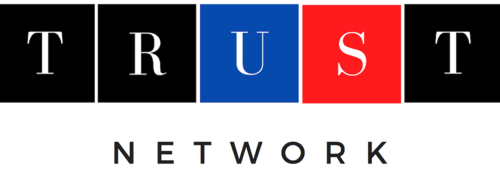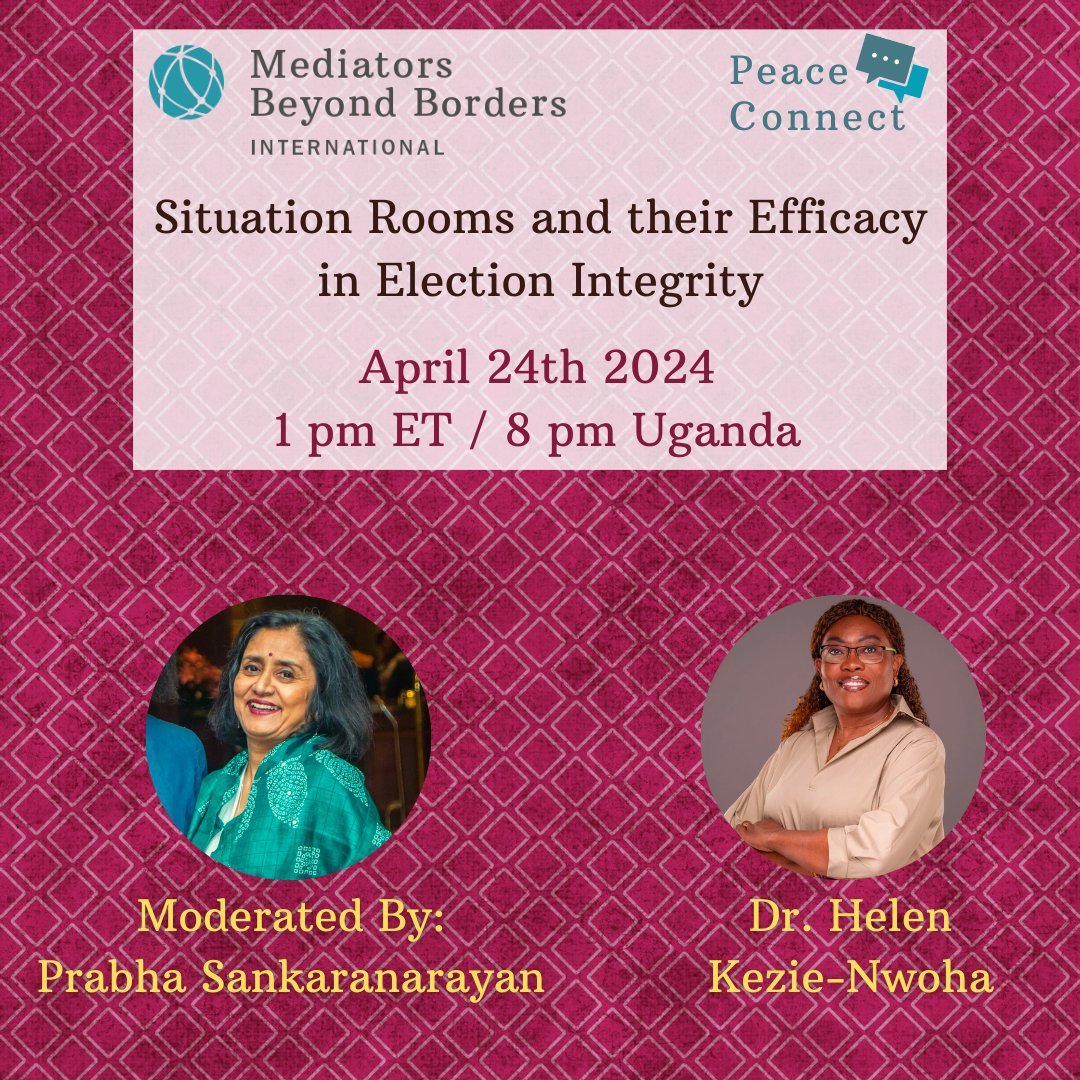The Resource Library
WHAT YOU WILL FIND HERE and HOW TO FIND IT
This library is meant to provide information and ideas for anyone seeking to promote peace, social justice and democracy. It contains materials either generated or recommended by TRUST Network Partner organizations and Members, plus links to Partner libraries, recordings of our public presentations, and our Dispatches. Our goal is to be trans-partisan, so you will find materials here that reflect a variety of views. By definition a resource collection is always a work in progress; TRUST Network Members are invited to submit materials to help us fill gaps and cover the breadth and depth of these rich topics. Feedback is welcome.
Click a button to get to a category quickly.
These groupings may help you find resources with a particular focus but we encourage you to browse widely. We believe that all of these areas of action support each other within the larger goal of achieving greater positive peace in our nation. For example, it is intuitively clear that violence interruption and addressing extremism are subsets of violence prevention, that the fairness and inclusiveness of democratic processes directly influence social stability or unrest, and that how language is used in messaging is a pervasive topic. Be aware also that some practitioners use the phrase Early Warning Early Response (EWER) while others including the TRUST Network are moving towards using the phrase Early Warning Early Action (EWEA).
NOTE: To go directly to the resource, click on the Author or the Source. Clicking on the Title or the Picture will bring you to our internal resource page, where there may be more details.
Here are more choices, including links to other resource collections in our field, from of our Partner organizations:
For SITEWIDE KEYWORD search, use this search window:
You can also use the search field above to explore items from these sources found in our library —
Individuals — Authors and Presenters:
Per Aarvik, Lisa Broderick, Samantha Brown, Jim Bueermann, Joe Bock (Joseph Bock), David Brooks, Rachel Hilary Brown, Melinda Burrell, Silvio Calabi, Peter Coleman, Michael Collins, Monica Curca, Daryl Davis, Mel Duncan, Molly Ellenberg, Melanie Greenberg, Elizabeth Hume, Hope Hyder, Herman Karl, Allison Lecce, John Paul Ledarch, Daryl Paul Lobban, Grande Lum, D.G. Mawn, Frank McCrary, Bridget Moix, Tabitha Moore, Thor Morales, Jesse Morton, Katy Mytty (Kate Mytty), Mike Niconchuk, Kerry Noble, Brendan O’Hanrahan, Anna Orso, Samantha Owens, Shannon Paige, Madhawa Palihapitiya, Farah Pandith, Marta Poblet, Ashley Quarcoo, Emily Risch, Idean Salehyan, Joseph Jimmy Sankaituah, Prabha Sankaranarayan, Theo Sitther, Anne Speckhard, Maria J. Stephan, James Waller, Jacob Ware, Zander Willoughby, Aseel Zahran
TRUST Network Partners in addition to the materials that we produce ourselves here at TRUST Network:
Alliance for Peacebuilding (AfP), Bridge Alliance, Cure Violence Global (CV), DC Peace Team, Institute for Economics and Peace (IEP), International Center for the Study of Violent Extremism (ICSVE), Mediators Beyond Borders International (MBBI), National Association for Community Mediation (NAFCM), National Center for Dialogue and Deliberation (NCDD), Nonviolent Peaceforce, OverZero, +Peace (PlusPeace), Parallel Networks, Peace Direct, PIRUSA, Police2Peace
Other Organizations & Publications/Websites:
The Atlantic, Beyond Conflict, Build Up Carnegie Endowment for International Peace, Centre for Humanitarian Dialog / Oslo Forum, Citizen Data, The Conversation, Council on Foreign Relations, dm&eforpeace, Essential Partners, FairVote, Humanity United, Just Security, Medium, Metta Center for NonViolence, National Task Force on Election Crises, One America Movement. PassBlue, Independent UN Coverage, The Philadelphia Inquirer, Political Violence at a Glance, Protect Democracy, Protect the Results with Greenpeace, Stanley Center for Peace and Security, U.S. Holocaust Memorial Museum / Simon-Skjodt Center for the Prevention of Genocide, Waging Nonviolence












































